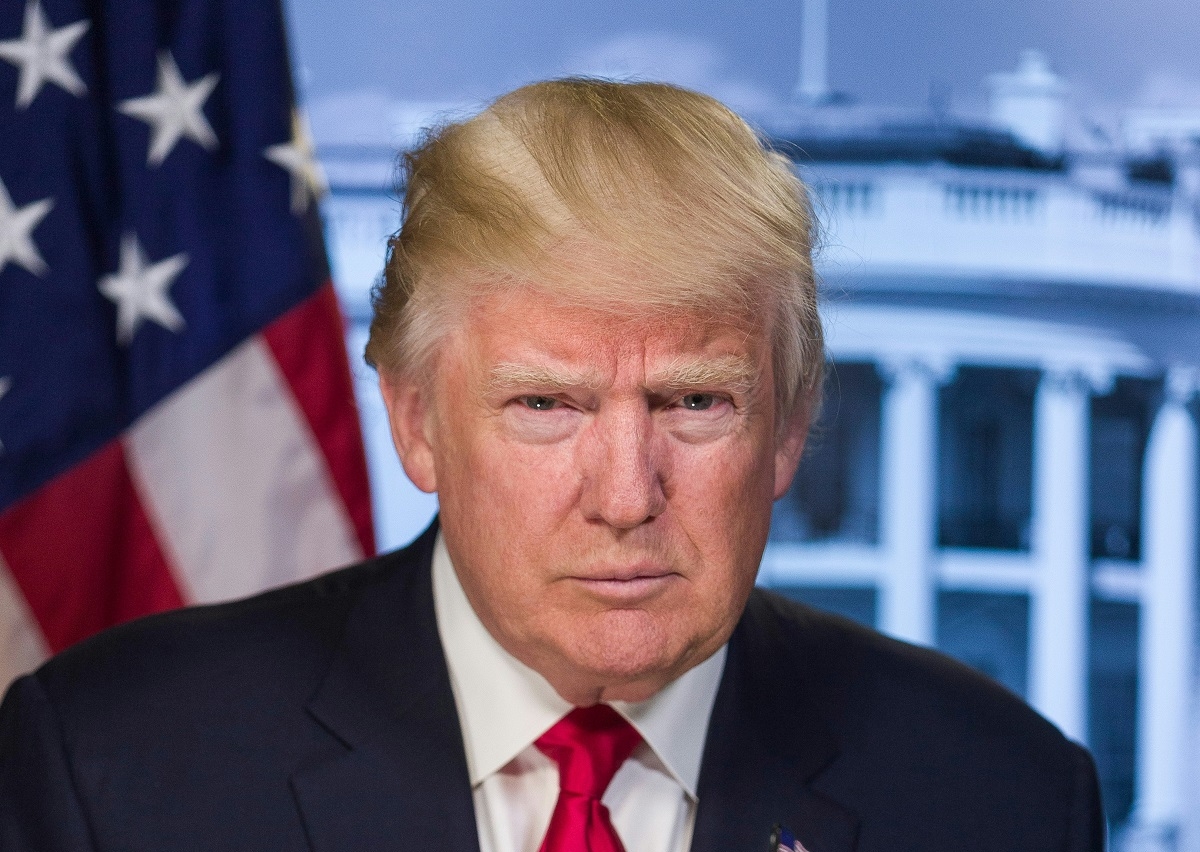The New Tariffs Announced by Trump: What Changes
In recent days, the Trump Administration has announced the extension and intensification of some customs tariffs on goods imported into the United States, particularly on products considered strategic for the steel and manufacturing sectors. These new measures, which reach as high as 25% of the value of the goods, are part of the protectionist trade policies already initiated in previous years, but mark a further escalation with potential significant effects on European exports, specifically Italian.
What the “new tariffs” entail
According to the latest official communications, the tariffs concern:
-
Steel products and mechanical components
-
A tariff increase up to 25% is planned on some steel semi-finished products, which were previously affected by measures introduced under Section 232 of the Trade Expansion Act (19 U.S.C. § 1862), authorizing the U.S. President to impose tariffs if the massive import of certain goods threatens “national security.”
-
-
High-tech industrial goods
-
Certain tariff lines, deemed “strategic” for U.S. technological competitiveness, have been included or revised within the lists of goods subject to punitive tariffs established by Section 301 of the Trade Act (19 U.S.C. §§ 2411-2420), used to counter alleged unfair trade practices by third countries.
-
-
Extended risk to other sectors
-
Although there are no official confirmations at the moment, the Trump Administration has repeatedly hinted at the possibility of introducing additional restrictions or expanding the range of affected products. Potentially involved could be goods from the agri-food sector, some high-end manufacturing products, and even fashion accessories.
-
Immediate impact for Italian companies
-
Increase in customs costs: For those exporting to the United States, an additional tariff of 25% can lead to a significant increase in the final price, undermining the competitiveness of the product in the U.S. market.
-
Risk of order contraction: The possible reallocation of supply chains by American companies could favor local producers or suppliers from countries not subject to such tariffs.
-
Contractual uncertainty: Ongoing commercial relationships, lacking adjustment clauses in case of tariff changes (“tariff pass-through” or “hardship”), might need to be renegotiated quickly to avoid financial losses.
How to protect yourself: tips and legal tools
-
Check contractual clauses
-
It is advisable to check the terms of sale and supply, inserting (if missing) “hardship” clauses to renegotiate the price in case of unexpected increases in customs costs.
-
Consider the possibility of passing through the costs, so that the burden of the tariff is shared or transferred along the supply chain.
-
-
Request for exemptions (Exclusion Requests)
-
Within the context of measures issued under Sections 232 and 301, the U.S. legal system allows for the submission of exemption requests to the Department of Commerce or the Office of the U.S. Trade Representative (USTR).
-
A proper technical analysis of the products, detailing the impossibility of producing them in the United States or replacing them with local alternatives, may offer some chance of exemption.
-
-
Customs planning and supply chain adjustment
-
Examine customs codes (HTS) to assess if there are different classifications or specific rules of origin that could reduce the impact of the duty.
-
In some cases, it might be strategic to relocate part of the production to countries not affected by the additional tariffs or to enter into agreements with local partners in the United States.
-
-
Dispute resolution
-
On the contractual level, including international arbitration clauses can be essential to assert your rights in case of disputes with commercial partners.
-
Support from Rosano Law Firm
Rosano Law Firm, with consolidated experience in international commercial law and customs law, assists Italian companies affected or potentially damaged by the new U.S. tariffs, offering:
-
Targeted contractual advice: review and preparation of agreements that protect the company from risks arising from the increase in tariffs.
-
Customs and tariff analysis
-
International litigation strategies: assistance in proceedings before U.S. courts or in arbitration venues.


 Studio legale Rosano
Studio legale Rosano StudioLegaleRosano
StudioLegaleRosano